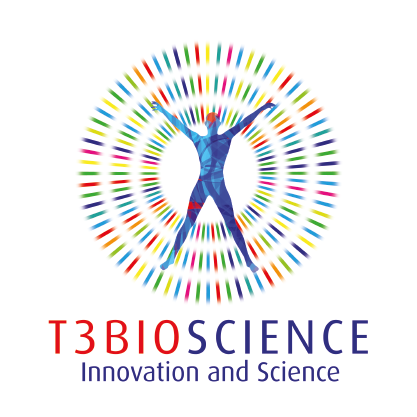Pathogen
« Back to Glossary IndexA pathogen is anything that causes a disease. It is the first link in a chain that causes an infection. Pathogens include: Bacteria (eg, bacterial meningitis) | virus (eg, hepatitis B) | Fungus (eg, an athlete’s foot). Humans are in contact with pathogens daily. Most of the time our body’s immune system destroys them before they can cause harm. Humans are considered « exposed » when we have been in contact with a pathogen and « infected » when a pathogen has entered the body and resulted in a disease. Whether an exposure results in an infection depends on three factors: (1) Dose – the amount of organisms that enter our body, (2) virulence – the strength of the entered organism and (3) host resistance – the ability of our immune system to fight the infection.
« Back to Glossary Index